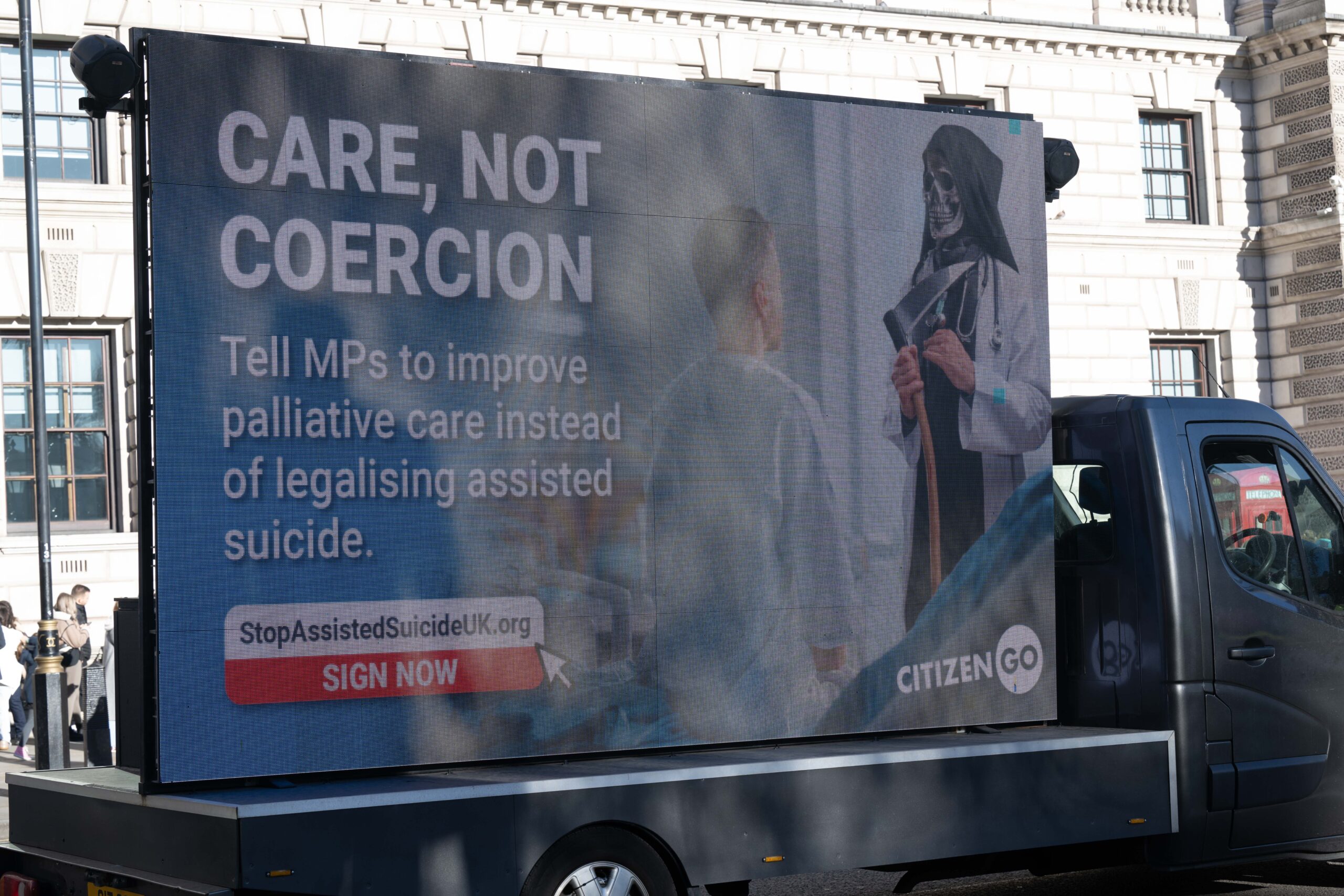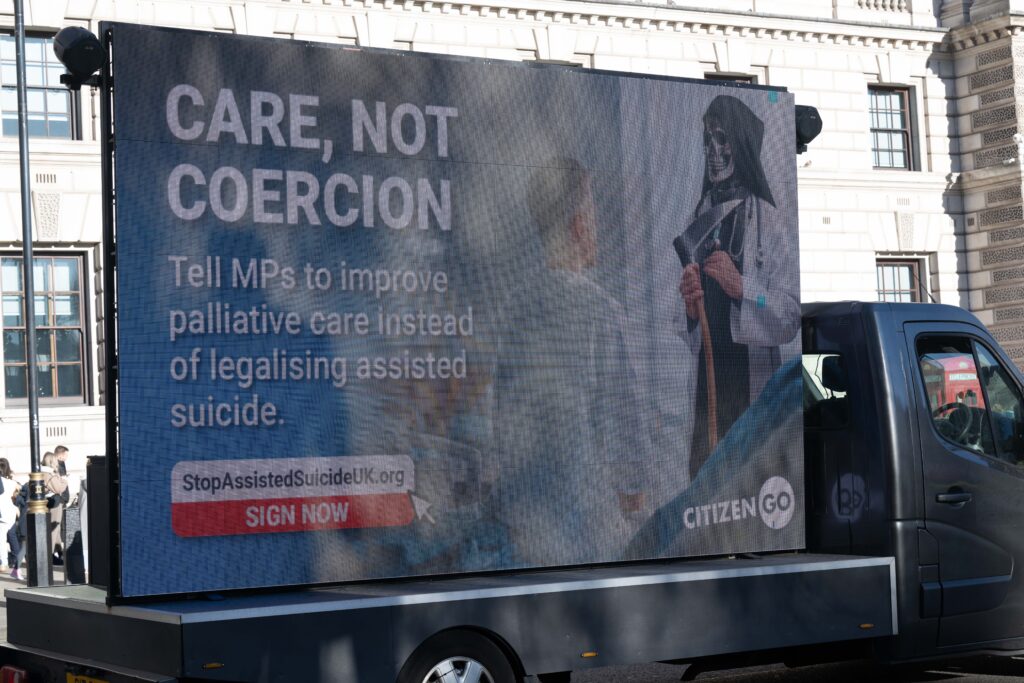
Fatima Raza Hassan
MPs have voted to legalise assisted dying for terminally ill adults in England and Wales, but the move has drawn strong opposition from British Muslim groups, ethnic minority healthcare organisations, and some MPs who warn of risks to vulnerable communities.
The Terminally Ill Adults (End of Life) Bill passed the House of Commons by 314 votes to 291 and will now proceed to the House of Lords. While supporters argue it offers dignity to those suffering, critics—including Labour MP Naz Shah and the Muslim Council of Britain (MCB)—say safeguards are inadequate, particularly for minority groups.
MCB: ‘Serious ethical concerns’
A new survey by Whitestone Insight for the MCB found 84% of British Muslims believe assisted suicide is religiously forbidden, with only 8% disagreeing. The poll, conducted 9–11 June, also revealed: 57% fear legalisation could pressure terminally ill patients into choosing death if they feel a burden; 75% support legal protections for Muslim hospices and care homes to opt out; 70% say they would be less likely to vote for an MP who backed the Bill.
Dr Naomi Green, MCB Assistant Secretary, warned the Bill “presents risks” to disabled and minority communities, adding that “legislation undermining the sanctity of life could erode trust in healthcare.”

Ethnic minority healthcare groups: ‘Lack of safeguards’
A coalition of minority healthcare bodies—including Muslim, Sikh, and Ugandan associations—raised concerns about structural racism, language barriers, and cultural misalignment. Key issues include:
No requirement for interpreters or translated materials, risking uninformed consent.
No legal opt-outs for faith-based doctors or hospices.
No ethnicity-based data monitoring, making disparities in uptake harder to track.
They warned that without stronger safeguards, the Bill could “reinforce fears that some lives are less valued.”
Naz Shah MP: ‘Insufficient protections’
Labour MP Naz Shah (Bradford West), who initially supported the principle of assisted dying, opposed the Bill, citing “serious safeguarding gaps.” She highlighted concerns for BAME patients, including language barriers (particularly Urdu/Hindi speakers), limited palliative care access, and mistrust from COVID-era disparities. Shah also criticised the lack of protections for people with eating disorders, warning the Bill could create a “duty to die” rather than preserving life.
The Bill will now face further debate in the House of Lords, where opponents hope to strengthen safeguards. Amendments have already excluded under-18s and voluntarily stopping eating and drinking (VSED), but critics say deeper cultural and ethical concerns remain.
While public opinion broadly supports assisted dying, the backlash from Muslim and minority communities underscores fears that without stronger protections, the law may disproportionately impact the most vulnerable.